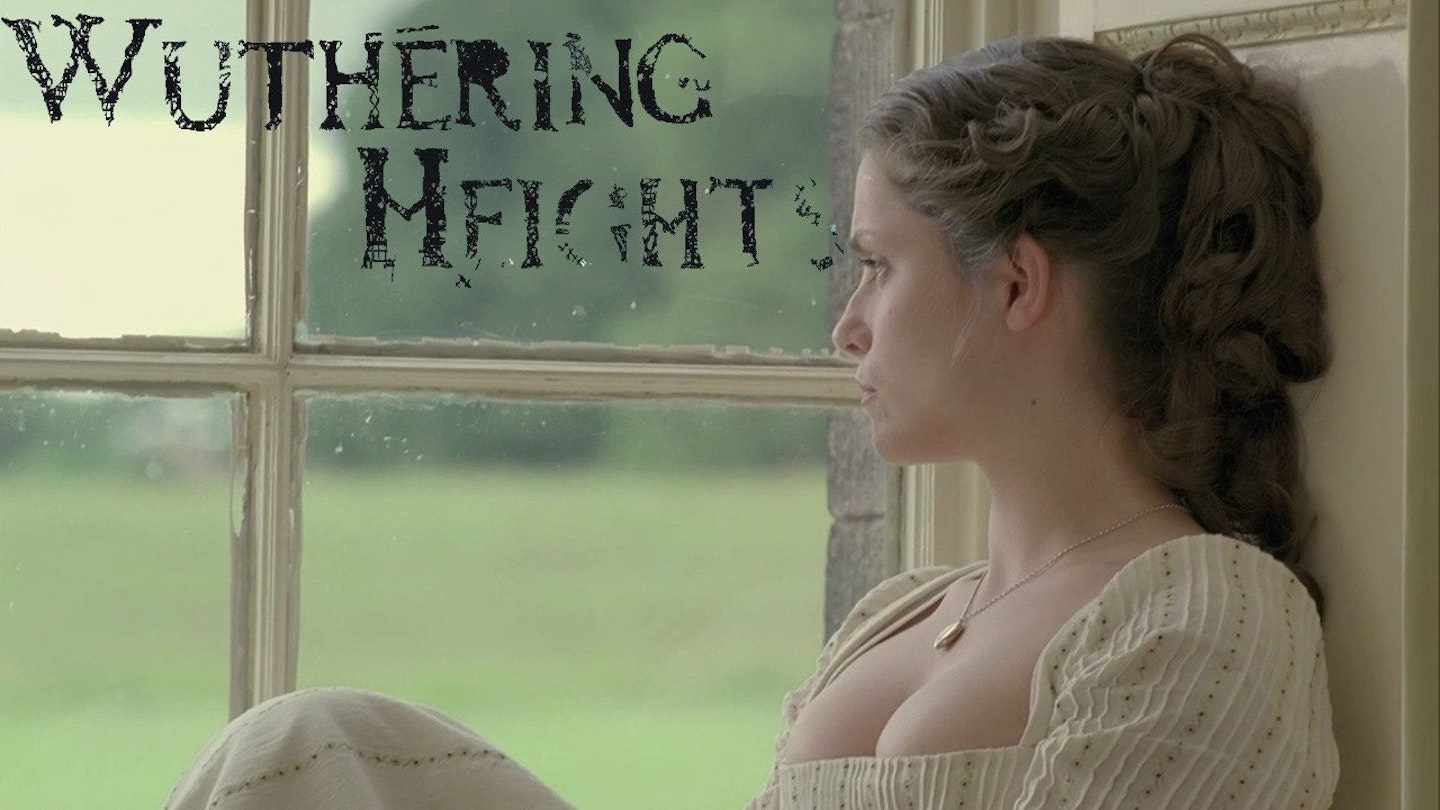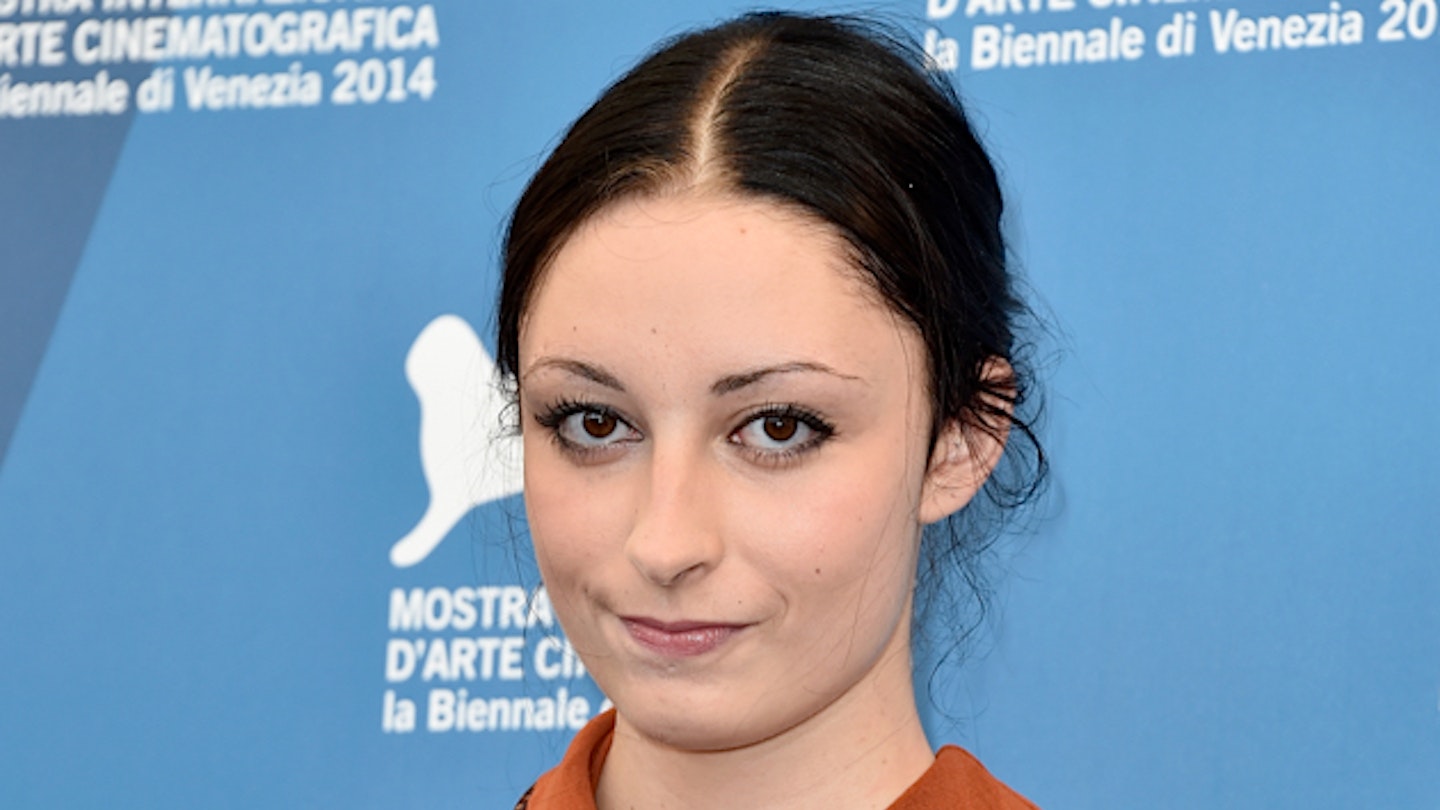When Walter Wanger abandoned his scheme to adapt Emily Brontë's novel with Charles Boyer and Sylvia Sidney as Heathcliff and Cathy, he sold Ben Hecht and Charles MacArthur's treatment to fellow independent Samuel Goldwyn. On accepting the project, William Wyler lobbied for Bette Davis to play the tempestuous heroine, but Goldwyn was keen to boost his new star, Merle Oberon, and considered teaming her with Ronald Colman. Oberon, however, was keen to co-star with Douglas Fairbanks, Jr. and was furious when Goldwyn hired Laurence Olivier, especially as he wanted to play opposite his mistress, Vivien Leigh (who promptly rejected the supporting role of Isabella Linton and went off to make Gone With the Wind).
Unsurprisingly, therefore, this proved to be a fractious shoot. Wyler and Goldwyn fell out over John Huston's reworking of the scenario and the distressed look of Olivier's costume and make-up, as well as the ending, which was ultimately given an ethereal glow by H.C. Potter and a couple of stand-ins after Wyler flatly refused to indulge in such nonsensical romanticism. Despite having worked together perfectly amiably on The Divorce of Lady X, Olivier and Oberon also began bickering, with Olivier calling the New Zealander an amateur after he accidentally spat at her in the throes of a love scene.
But while he recognised Oberon's shortcomings, Wyler was no more impressed by Olivier, whom he subjected to a public dressing down for mugging as though he were in Manchester Opera House. Olivier's retort that `this anaemic little medium can't take great acting' elicited gales of laughter from the crew and he claimed never to have forgotten either this lesson in humility or Wyler's explanation of cinema's artistic potential.
The film itself epitomised Hollywood's attitude to so-called prestige projects. No expense was spared in its realisation, but over half of the novel was jettisoned in order to concentrate on the three-hankie melodrama at its core. Gregg Toland's Oscar-winning photography is superb and Wyler tells his story with typical assurance. But Goldwyn was always later to insist that `I made it. Wyler only directed it.'

